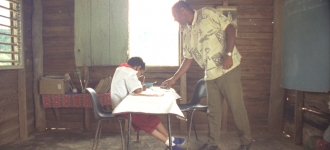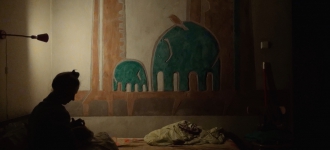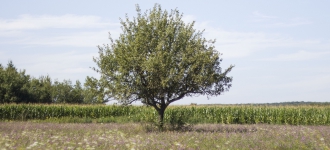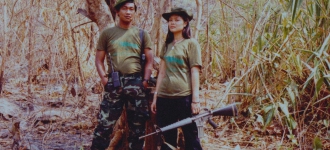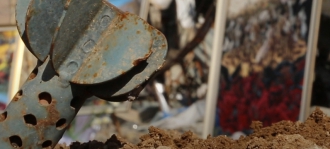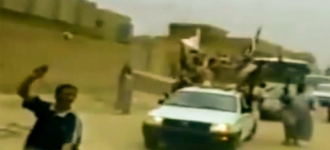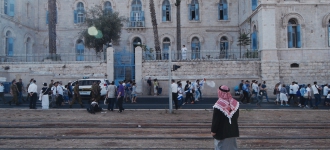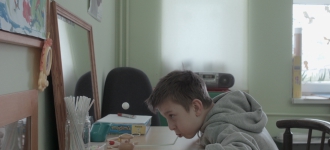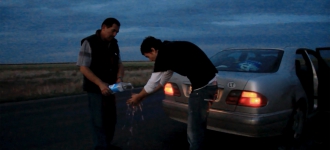In an era when human rights are being threatened in unanticipated ways, the fundamental right of academic freedom has special meaning for us here in Budapest, where it’s under attack on many fronts, and in many forms. Similar circumstances are playing out around the world, and in the most troubling instances, universities—films schools included—are being purged and content is being censored. The right to teach, research, and communicate in the academic setting, through both words and images, without restriction, is a fundamental right, and one essential to this program, as each of these films were produced in the context of a University film program, in pursuit of a University degree.
The Student and Debut competition program at Verzió offers a forum to an emerging generation—an often-ignored demographic, whose voice is as important as ever, as is their engagement in the political processes of their societies, and their participation in the production of film and media. Included are an exceptional range of films, encouragingly many from countries in which a dialogue about human rights is sorely lacking. They explore the range of the human condition with a discerning eye, despite the relative youth of their creators.
This year’s student competition includes 10 short and feature-length documentaries selected from a pool of 55 films from 26 different countries. They cover a broad range of topics both geographically and thematically: a stark reminder of, and overdue reflection on, the catastrophic conflicts in Iraq and Syria, that weaves together personal testimonies with often-shocking archival footage; a Guatemalan filmmaker studying in Russia, and his dealings with his difficult in-laws after the birth of his first child; an intimate glimpse into the human mosaic of a hospice situated on the tense border between East and West Jerusalem; a Myanmari revolutionary leader and mother, and her efforts to negotiate the demands of each of those roles; a very remote village in Cuba and the struggles of its twelve inhabitants; the insular and nurturing environment of a Polish boarding school for hearing impaired children; two women who came of age and raised families in Communist Hungary in contrasting circumstances; a behind-the-scenes look at a candidate of the populist Alternative for Germany (AfD) and that party’s unsettling surge in popularity; a Yezidi painter in exile, threatened by ISIS because of his efforts to portray their violence in his art; and a Kyrgyz father and son who share simple dreams and try to make some of them come true.
The medium of film, in the hands of dedicated young filmmakers, can be a powerful tool for achieving positive social change. This compelling, entertaining group of films speaks to that promise.
Jeremy Braverman
CEU Media and Visual Education Specialist
Member of the Student Competition Selection Committee
| Laurentia Genske • Germany, Cuba • 2017 • 19min • Spanish | Renato Borrayo Serrano • Russia, Guatemala • 2018 • 31min • Russian, Spanish | Bicsák Boglárka • Hungary • 2018 • 21min • Hungarian |
| Marc Eberhardt • Germany • 2017 • 93min • German | Nu Nu Hlaing • Myanmar, Germany • 2018 • 21min • Burmese | Shukri Muhammad Mahmood • Iraq • 2017 • 21min • Arabic |
| Matthias Krepp, Angelika Spangel • Austria • 2017 • 90min • Arabic, English | Adam Weingrod • Israel • 2017 • 59min • Hebrew, English, French, Arabic | Eri Mizutani • Poland • 2017 • 26min • Polish |
| Pieter-Jan Van Damme • Belgium • 2018 • 74min • Kyrgyz, Russian |

